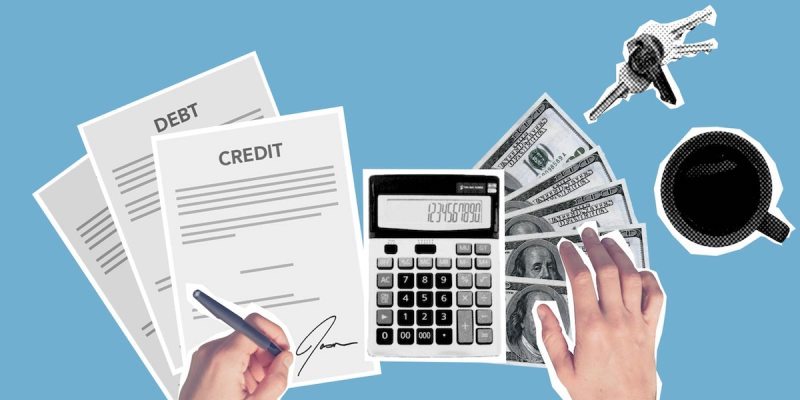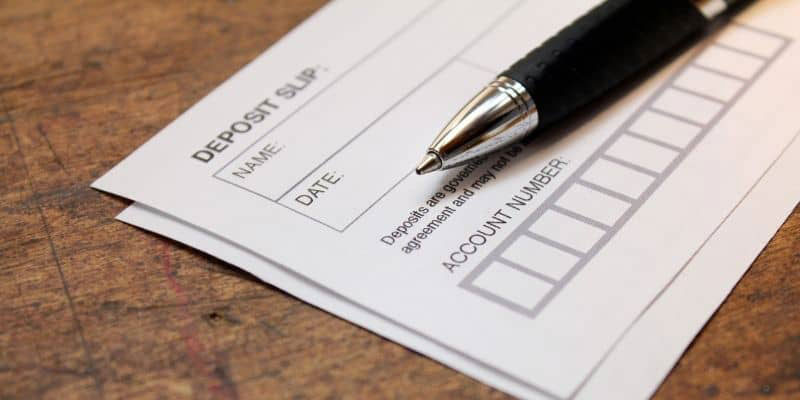Avoiding 7 Common Home Purchasing Errors
Nov 05, 2023 By Susan Kelly
It's important to make sure everything is correct while purchasing a home. If you do your research, you might avoid an unmanageable interest rate and monthly payment if you borrow from the incorrect lender.
Careless investigation might keep you in an area you don't like or a house that doesn't work for you. The effects of a bad purchase might be felt for years, if not decades, in the form of reduced disposable income or other quality-of-life indicators.
Do you want to ensure that your house's acquisition goes off without a hitch? These are some of the most typical mistakes homebuyers make, according to real estate agents, and advice for avoiding them.
Not Preparing Financially

Although it's wonderful to buy a new house, you should take your time with it if you can. Many first-time buyers think they only need a sizable down payment to get a mortgage. There are a plethora of additional expenditures to consider before making a purchase.
They'll have a lot of bills to pay after they move in, including closing charges, insurance, and taxes. Closing expenses are normally due at closing, ranging from two to five per cent of the loan amount. You should also save money for additional homeownership expenses, such as upkeep and repairs.
State Farm estimates that the annual cost will be between 1% and 4% of your home's worth. It's like putting money aside in case of an emergency at home. Credit condition is another factor that should be considered before making a large purchase like a home.
Wrong Neighbourhood
It's not only about making choices with money. It's also a major no-no, say the experts, to ignore the house's context instead of focusing on the house itself. The most common error he sees first-time homeowners make is needing to take the time to locate a community that fits their lifestyle.
While shopping for a new house, many consumers immediately start browsing online listing databases. A buyer using this method risks purchasing a home in an unsuitable location, despite its attractive exterior.
Ossmo suggests putting the town you're looking at before the house when deciding. Learning the ins and outs of a community before making it your home is crucial, so that the search might be lengthy. Before relocating, check out a neighbourhood's cafes, parks, and athletic events.
No Monthly Budget
Another common error real estate agents point out does not have a firm financial plan. This is a major issue in a seller's market with competitive bidding and fluctuating mortgage rates. With interest rates on the rise, it's crucial to always have a complete picture of your financial situation.
A quick reversal in interest rates might throw a buyer's plans into a loop. I agree with her: To give you an idea of how much house you might afford with a $2,000 monthly payment and a 7% interest rate, the median home price in the United States is $300,000.
Reduced to a maximum of $286,000, the price of your property would be more affordable. This is why knowing how much of a monthly mortgage payment you can comfortably make is so important.
Neglecting HOA Rules And Remodelling Histories
The outward appearance of a home is just the beginning. Finding out the home's construction details is essential if you want to be sure it will meet your demands, but only some buyers bother to do this.
"In my experience, one of the most common mistakes I see homeowners make is not verifying that a certified professional was responsible for recent modifications. That may seem like a little thing, but uncontracted work generally indicates substandard quality and leads to expensive repairs down the road.
While it's true that even licensed contractors make errors sometimes, you can be certain that they're backed by insurance and bonds and will stand by their work with a warranty.
Delaying Calling A Mortgage Lender Or Real Estate Agent

Calling a mortgage lender immediately if you know a house purchase is in your future, even if it's a few months away, may seem counterintuitive to the adage about putting the cart before the horse.
This meeting is more preparatory than an absolute commitment to this particular lender. First, they may guide you in developing a financial strategy that will improve your chances of being approved for a home loan by increasing your credit score, growing your savings, and so on.
"Contact a lender today if you want to buy a property within the next three months or three years. They'll help you get into the greatest possible purchasing position by giving you homework to do with your money over a year.

10 Cheap and Fun Activities To Do During the Holidays

What's the Difference Between Contango and Regular Backwardation?

Demystifying Minnesota Income Taxes for 2022-2023

Here's How to Track Your Tax Refund

Real Estate Closing Procedures

3 Ways to Pay Off Student Loans Fast

83(b) Election Guide: When and How Should You File With Tax Strategy?

A Guide About What Is a Property Derivative?

How Do Checks Work?

